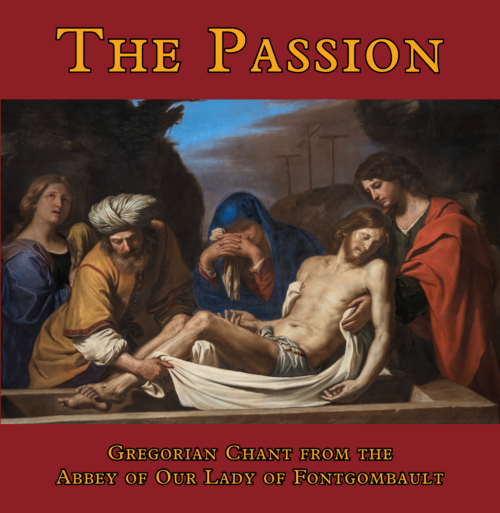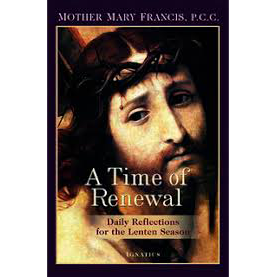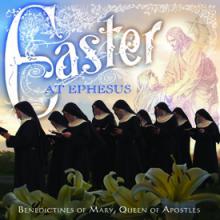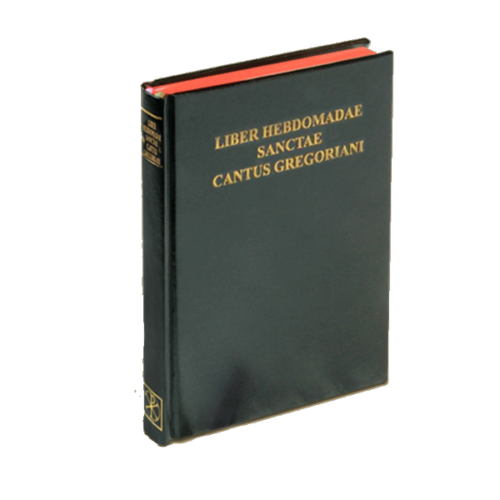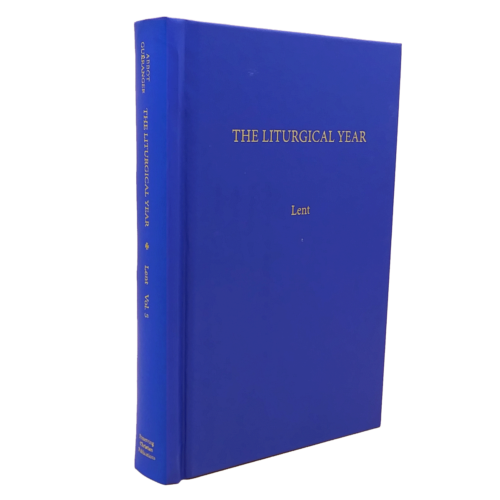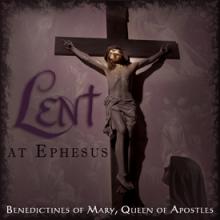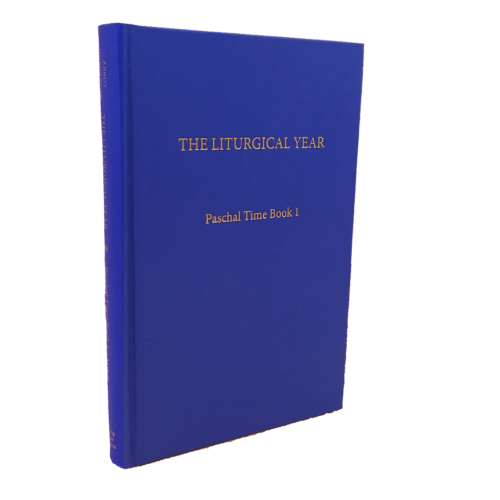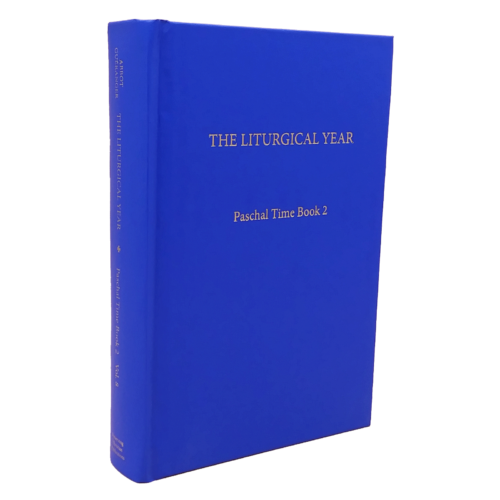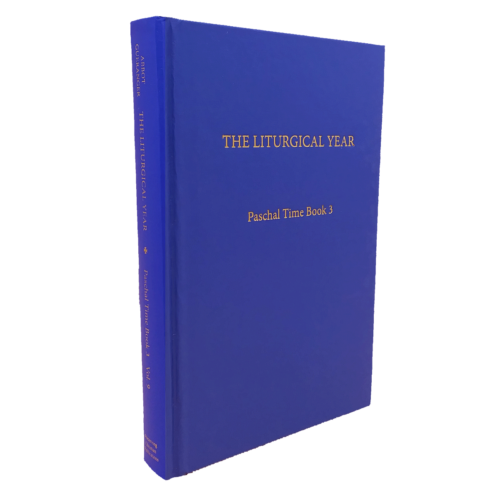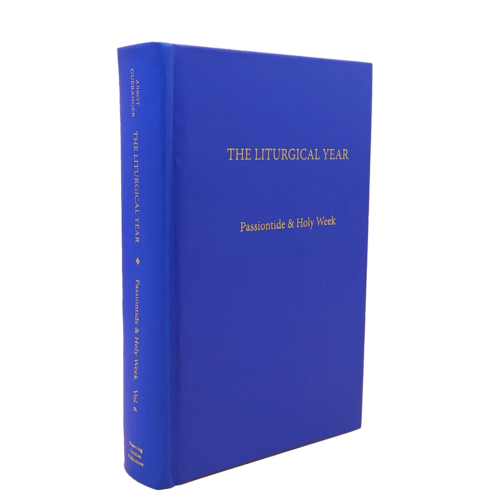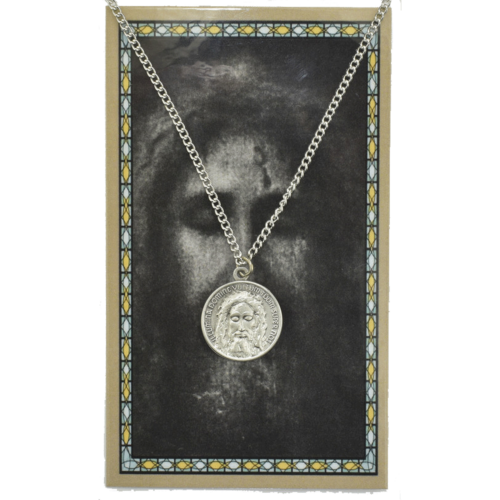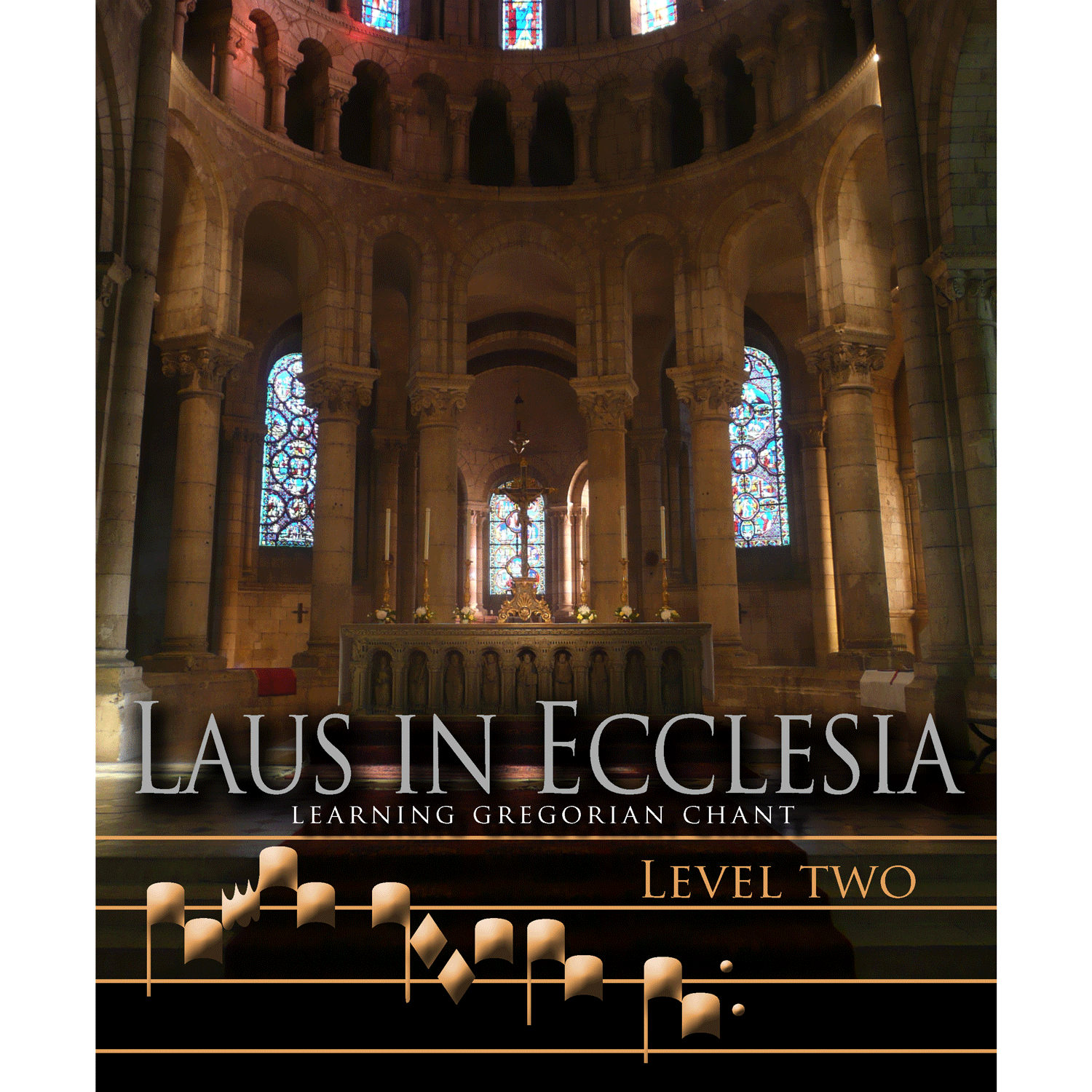If only the lover sings, listen to the song, and you may catch a secret about the beloved. The song of the Church, our mother, is marvelously expressed in Gregorian chant, and its quality rises to a unique pitch during these last two weeks of Lent, wherein the Church’s heart and mind are entirely preoccupied with Christ’s suffering. Where better listen to her song than with monks, whose sole treasured heirloom is the liturgy?
Those unable to visit a monastery have now an opportunity to listen to a part of our family heritage with the recent album of these Passiontide chants by our motherhouse, the Abbey of Fontgombault. Including the propers for the Masses of Passiontide and Holy Thursday as well as the Improperia of Good Friday and several responsories for Tenebrae, this recording gives a concrete expression of the Church’s preoccupation in this grace-filled time.
Listen a sample track here for the Responsory Vadis Propitiator, wherein the Blessed Virgin addresses her Son:
Listen a sample track here for the Introit Nos Autem of Holy Thursday:
We are invited to follow Christ step by step in His Passion, in the rhythm of the liturgy, uniting our own suffering to His suffering, and joining our prayer to His prayer. We are gently urged to do so by Our Lady in the splendid response Vadis propitiator, which opens this disk. The Blessed Virgin addresses her Son, giving her consent to His sacrifice, while she cannot but help noticing with sorrow in what a loneliness He is going to live His passion. This loneliness pervades all the pieces, and the Lord Himself complains several times about it. Alone amidst the men, Christ is nonetheless always with His Father. His prayer, beginning with the introit Judica me, successively takes the form of an insisting request for deliverance from His enemies’ hand, of a call full of trust, but also sometimes full of anguish, and the form of an affirmation of His perfect submission to God’s will. This prayer is taken mainly from the Book of Psalms, which allows us an access into Christ’s soul.
The introit Nos autem, from the Mass In Cena Domini, on Maundy Thursday, and the response Ecce vidimus introduce the pieces taken from the holy days, and constitute an intermezzo, as it were: the Church voices there her faith in the redemption carried out by Christ, and sings the Cross, the principle of life and resurrection. Then we have the Improperia, namely, the reproaches, as well as the sorrowful complaining, put by the Church on the Saviour’s lips on Good Friday. As Dom Joseph Gajard said, “here are revealed both the deep suffering and the deep love filling the Lord’s soul at the hour of His passion and death.” The response Tenebræ then takes us to Calvary, where we are present at Christ’s last moments on the Cross.
The liturgy of the Passion fortnight insists on Christ’s suffering. But it also gives us a foretaste of the glory of His resurrection. That is why the disk ends with the gradual Christus, sung at the end of the Office of Tenebræ every day during the three holy days, and at the Mass In Cena Domini. Taken from the epistle to the Philippians (2:8-9), this text, adorned by an especially expressive melody, sheds the ultimate theological light on the Passion events: the obedience leading Christ to death is a path towards glory, a glory we are called to share with Him in eternity: “Christ became obedient unto death, even death on a cross. Therefore God has highly exalted Him and bestowed on Him the Name which is above every name!”


